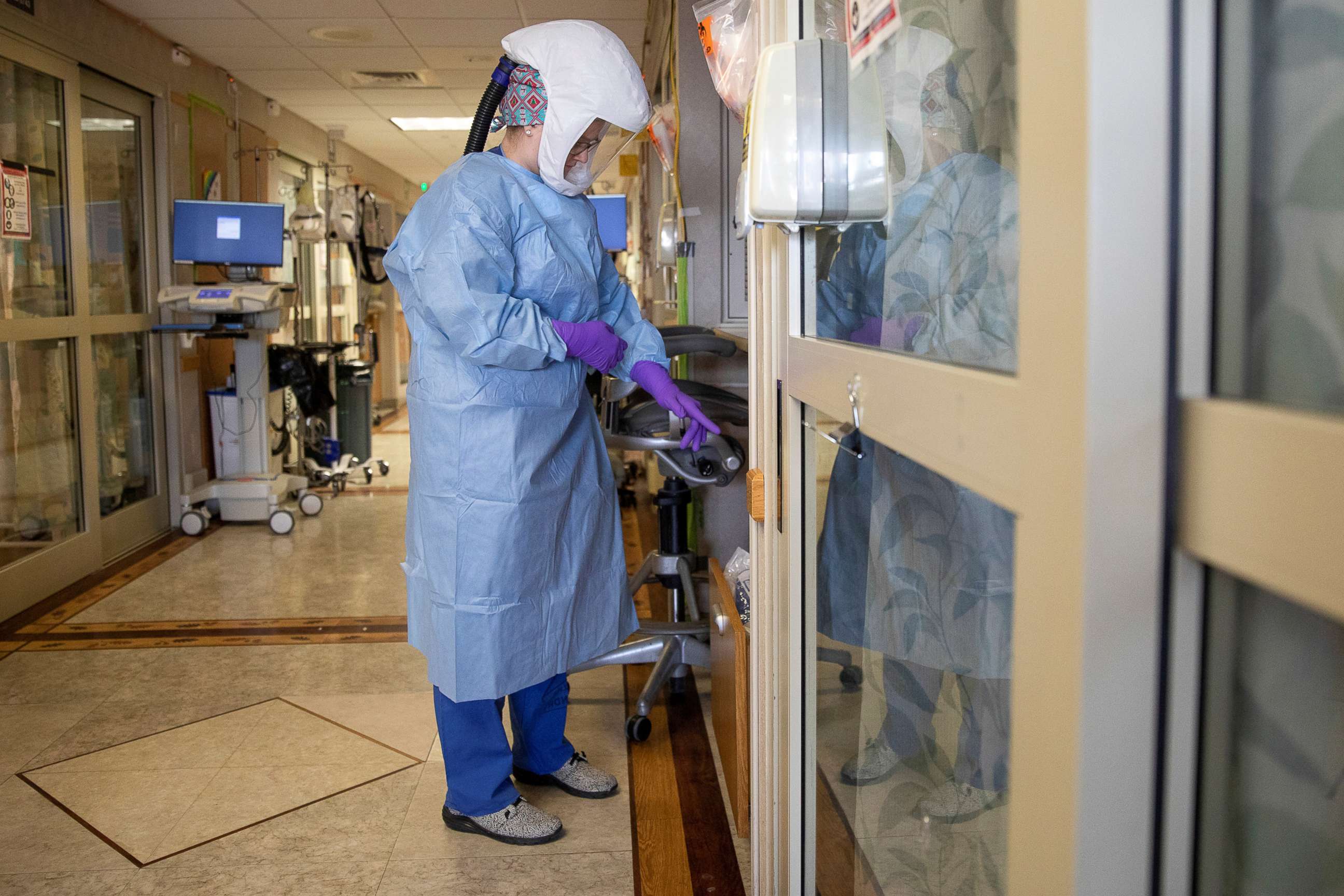Coronavirus likely in US as early as December 2019: Study
Scientists found antibodies in last year's blood bank donations.
The coronavirus may have been present in the United States weeks earlier than scientists realized, according to new government research.
While COVID-19 cases were first identified in China in December, the United States did not report its first case until late January.
A study published in the journal Clinical Infectious Diseases Monday suggests that the virus was present in the United States as early as last December.
To come to that conclusion, Centers for Disease Control and Prevention scientists analyzed American Red Cross blood donations collected between Dec. 13, 2019, and Jan. 17, 2020, and found evidence of coronavirus antibodies in 106 out of 7,389 blood donations.
"SARS-CoV-2 infections may have been present in the U.S. in December 2019, earlier than previously recognized," the study authors write. "These findings also highlight the value of blood donations as a source for conducting SARS-CoV-2 surveillance."

Of those donations. 39 samples collected from California, Washington and Oregon between Dec. 13 to Dec. 16 contained antibodies. Sixty-seven samples collected in Connecticut, Iowa, Massachusetts, Michigan, Rhode Island and Wisconsin in early January contained COVID-19 antibodies.
The virus' presence in the United States in December does not mean that COVID-19, the disease the virus causes, was spreading widely in the U.S. at that time.
"Widespread community transmission was not likely until late February," the authors note.
Limitations of the research include the possibility of false-positive antibody tests.
Additionally, blood donations aren't representative of the general population, so the data can't be extrapolated to indicate the magnitude of infections during the study period, nor whether those infections were community- or travel-based.
What to know about the coronavirus:
- How it started and how to protect yourself: Coronavirus explained
- What to do if you have symptoms: Coronavirus symptoms
- Tracking the spread in the U.S. and worldwide: Coronavirus map
Tune into ABC at 1 p.m. ET and ABC News Live at 4 p.m. ET every weekday for special coverage of the novel coronavirus with the full ABC News team, including the latest news, context and analysis.